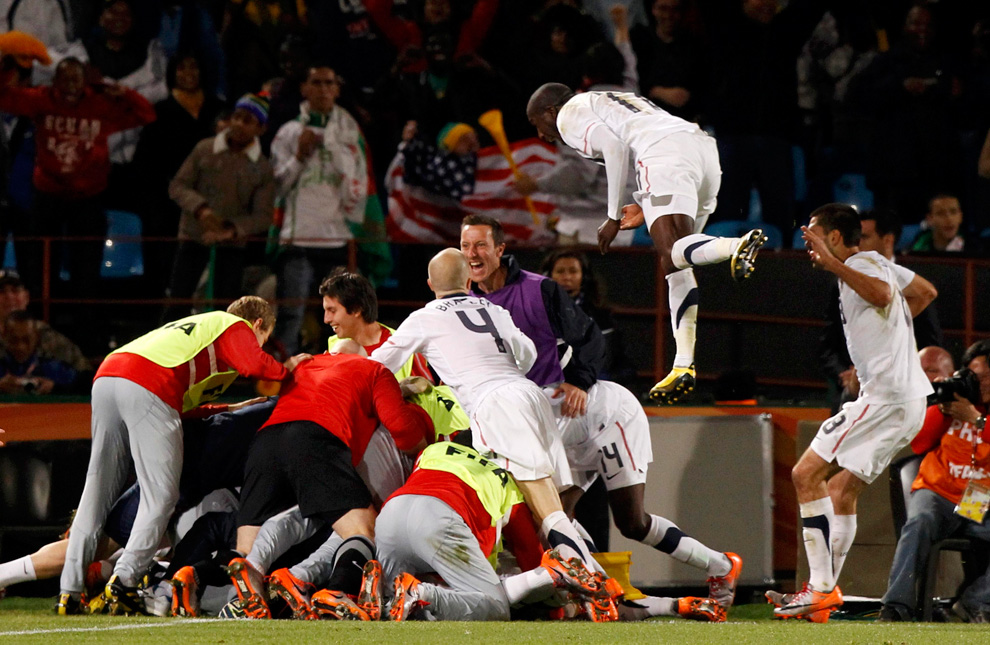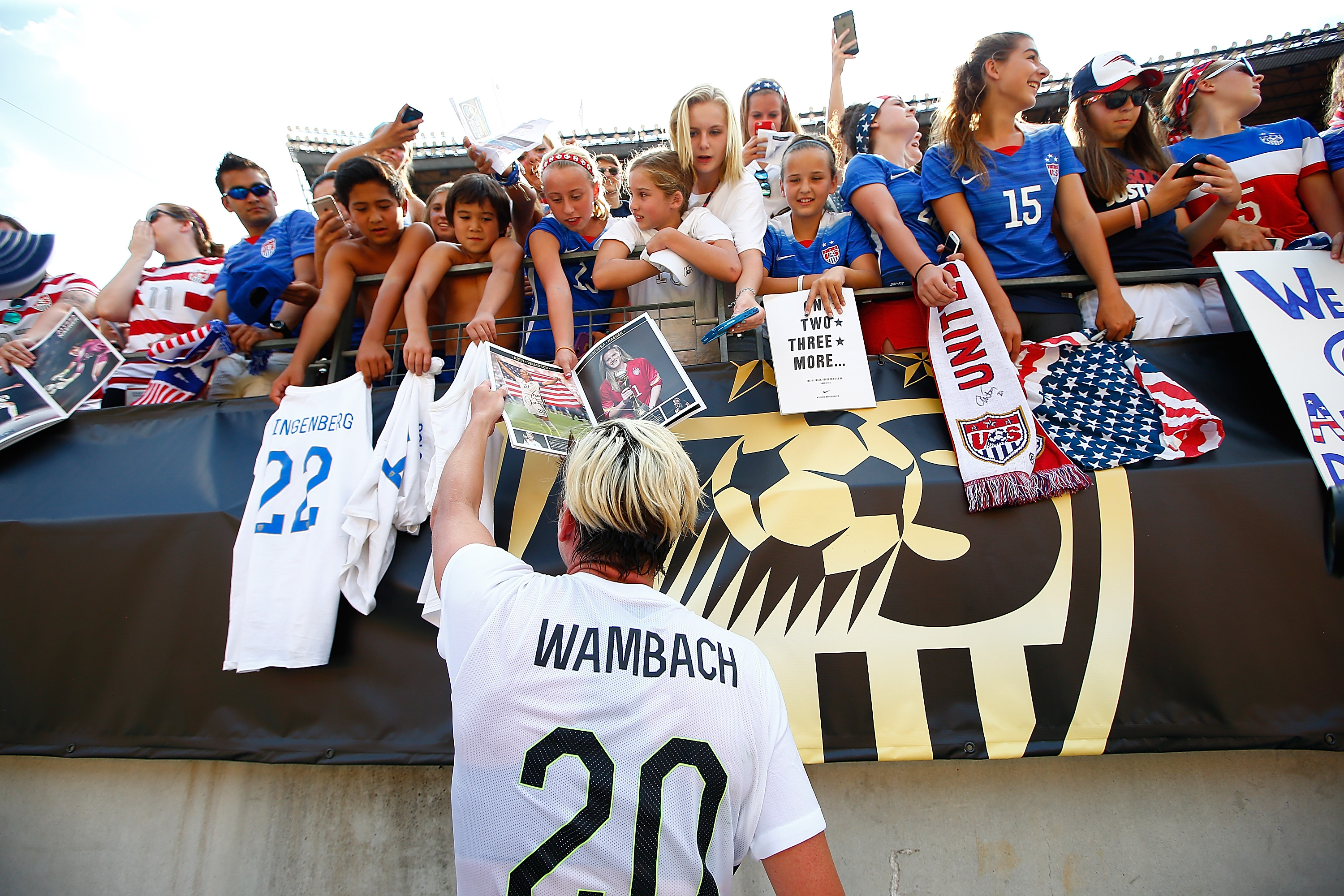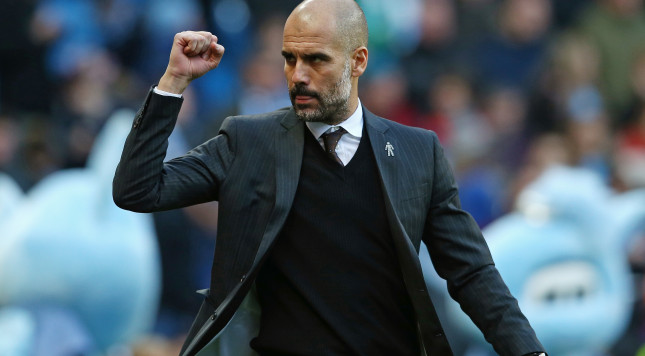A few weeks ago, after his Manchester City side was thoroughly beaten 4-2 by Leicester City, Pep Guardiola firmly insisted that he is not a fan of tackling. “I am not a coach for the tackles. I do not train the tackles.” Guardiola said at his post match press conference. While the statement is almost a slap in the face to the English media who preach the English style of play that features plenty of tackling and physical play, it’s not all that surprising considering the way all of Pep’s previous teams have played.
When Guardiola took over at Barcelona following the 2008 season, he famously instituted a new style of play that came to be known as ‘tiki-taka.’ The gist of it was that the ball was moved up the field not by one player carrying it but with a lot of quick short passes. The player with the ball wasn’t so much moving as were the players all around him.
The concept behind was very simple. The less often you had someone dribbling the ball and taking on defenders, the less chances you had of losing possession of the ball. Barcelona players weren’t getting tackled, ergo they didn’t really care to do it themselves.
The system became very successful, very quickly. Barcelona won the Champions League twice in three years, they won a few La Liga titles and the core of the team used it to help Spain win the 2010 World Cup and Euro 2012.
Football, like every sport, is a copycat game. When someone finds success, everyone rushes to replicate what he did. With Pep’s new style that eliminated dribbling and focused on quick passes, everyone wanted to replicate it.
But replicating tiki-taka is not as easy as many people quickly found out. For starters, Pep was blessed with having a midfield triangle pulling the strings that consisted of Xavi, Andres Iniesta, and Sergio Busquets. Those are world class midfielders that no one else had.
And therein lies the problem. The success of Pep’s Barcelona led to a lot of teams placing a higher value on passing and possession rather then running with the ball and dribbling. In theory, that would be very good, but without the creative minds of Xavi and Iniesta, the system can tend to fall a little flat in the final third.
Take a look at the following clip from Manchester United’s recent match against Sunderland.
In the clip, United’s players move the ball quickly from side to side. The ball never really stays with the same player for very long, giving it the allusion that it’s being moved quickly. But that’s far from what’s actually happening. While there’s plenty of space around each United player, none of them are doing anything with the ball, as none of them are willing to challenge the defender. They’d rather pass it squarely to another player that is deemed open.
Those players are deemed open simply because Sunderland are allowing them to be. Sunderland’s players have backed off of Ander Herrera and Jesse Lingard because they know they aren’t going anywhere with the ball. This allows Sunderland to easily maintain their shape. This results in United having nothing until Paul Pogba unleashed a harmless 30 yard shot right at the goalkeeper.
This is where challenging defenders would come in handy. Obviously dribbling at the defense won’t work every time, but when it does it creates a lot of problems. If a player gets by a defender another now has to come over to cover for his teammate. Someone then needs to cover for him. Eventually someone doesn’t get covered and can make the defense pay. The more you get the defense moving, the better, but when you stand around and pass the ball around the box the defense never has to seriously commit to anyone.
That’s why Paul Pogba has been such a breath of fresh air for Manchester United. He’s not afraid to carry the ball at defenses. Or Jurgen Klopp’s high pressing Liverpool side that’s allowed to lose the ball because they will get right to work on getting it back. These days, it seems that only wingers are allowed to challenge defenses, which is odd since when they get passed them, it often takes them into the least dangerous area of the field.
This isn’t to say that Guardiola’s sides were boring. On the contrary. That Barcelona team was a beautiful thing to watch. On the rare chances where Manchester City are playing up to potential they too can be enjoyable. But that Barcelona side had the midfield visionaries ready to make that final pass, and on the end of that final pass just happened to be Lionel Messi, whose feet the ball stuck to like magnets.
The rest of the world doesn’t have Xavi, or Iniesta, or Messi. Too many teams these days that don’t have the world class players seem to be trying to replicate a system that is designed to be run by world class players. When you take that quality out, you’re left with a bunch square passes without the final ball.
Forgive me if I say, that can get a bit boring.






